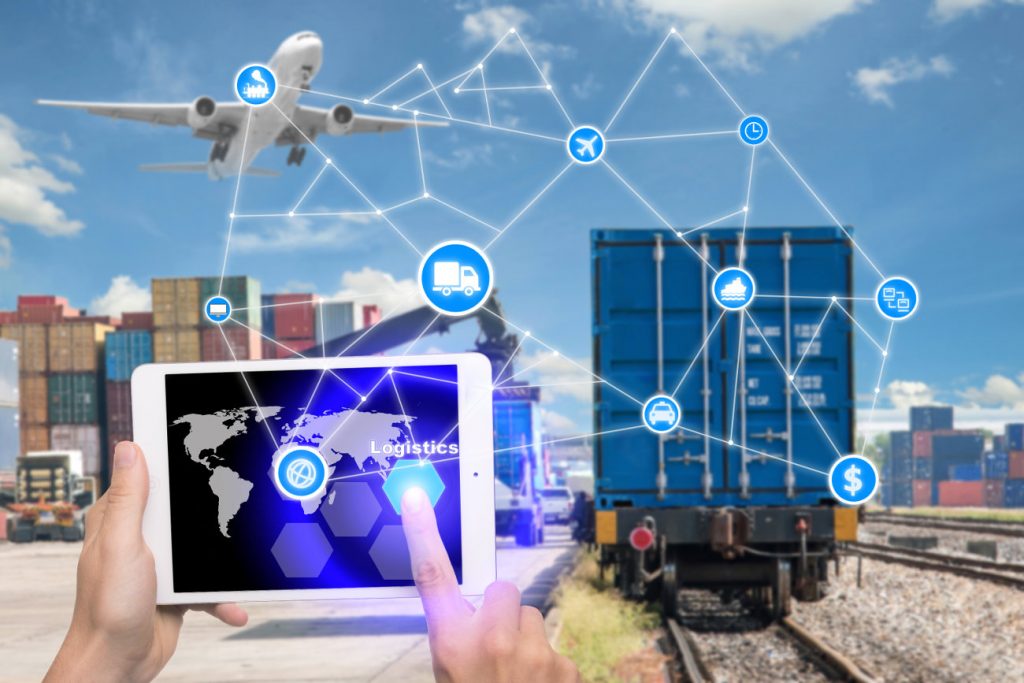Blockchain technology has become a game-changer for the supply chain industry, offering new ways to improve efficiency, transparency, and security. At OVRXLAB, we help businesses harness the power of blockchain to transform their supply chain processes. Here’s a closer look at how blockchain is making a difference and how we can support your business.
How Blockchain Benefits Supply Chain Management
Traceability and Transparency
Blockchain provides a clear, tamper-proof record of every transaction in the supply chain. This means you can track products from their origin to their final destination with ease. Everyone involved—manufacturers, suppliers, retailers—gets access to real-time updates, boosting trust and transparency across the entire process.
Improved Efficiency
By automating tasks like paperwork and record-keeping, blockchain helps cut down on time and costs. Smart contracts can trigger actions automatically—for example, releasing payments once delivery is confirmed—eliminating the need for middlemen and reducing errors.
Fraud Prevention
Blockchain’s immutable ledger ensures every transaction is secure and verifiable, making it harder for fraudulent activities to slip through. Smart contracts can enforce rules automatically, ensuring fair and transparent operations for everyone involved.
Quality Control
With blockchain, you can keep track of every detail about a product’s journey—where it came from, how it was made, and how it was distributed. If a quality issue arises, it’s easy to pinpoint the problem and take quick action to resolve it.
What OVRXLAB Brings to the Table
Supply Chain Optimization
We implement blockchain solutions to streamline your processes, reduce delays, and increase overall efficiency. From automated payments to inventory management, we design smart contracts that handle it all.
Enhanced Traceability
Our blockchain platforms let you track products in real time. Whether you’re managing shipments or verifying product status, our solutions provide transparency at every step.
Fraud Mitigation
We help secure your supply chain with transparent, tamper-proof blockchain ledgers. Our smart contracts ensure compliance with your rules, like releasing payments only upon delivery confirmation.
Quality Assurance
We create tools that make it easy to monitor product quality. With blockchain, you’ll have a clear record of every step in the supply chain, so you can quickly address any issues.
At OVRXLAB, we’re committed to helping businesses unlock the full potential of blockchain in supply chain management. Whether you’re looking to improve efficiency, enhance transparency, or secure your processes, our tailored solutions can help you achieve your goals. Let’s build a smarter, more reliable supply chain together!

